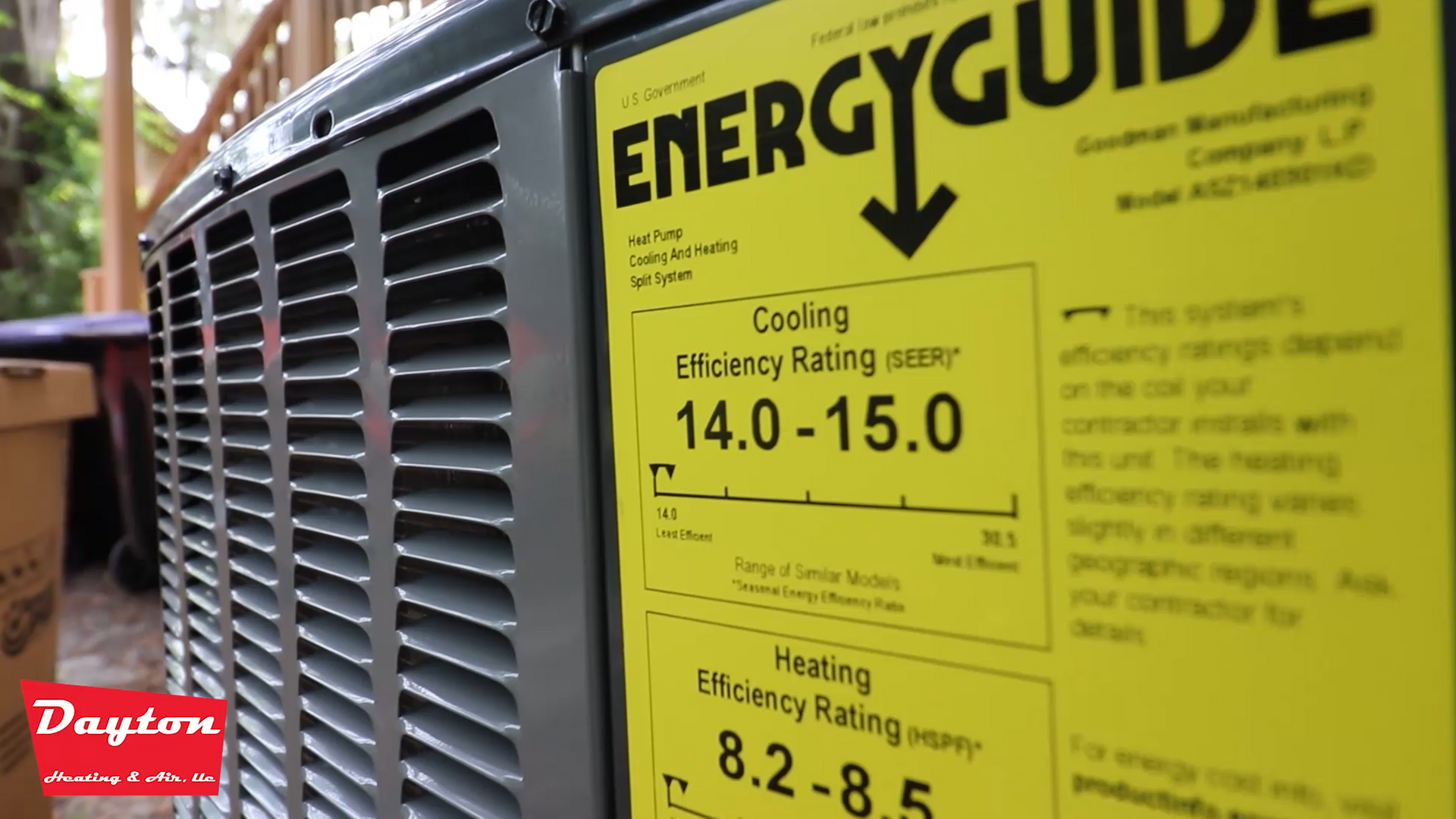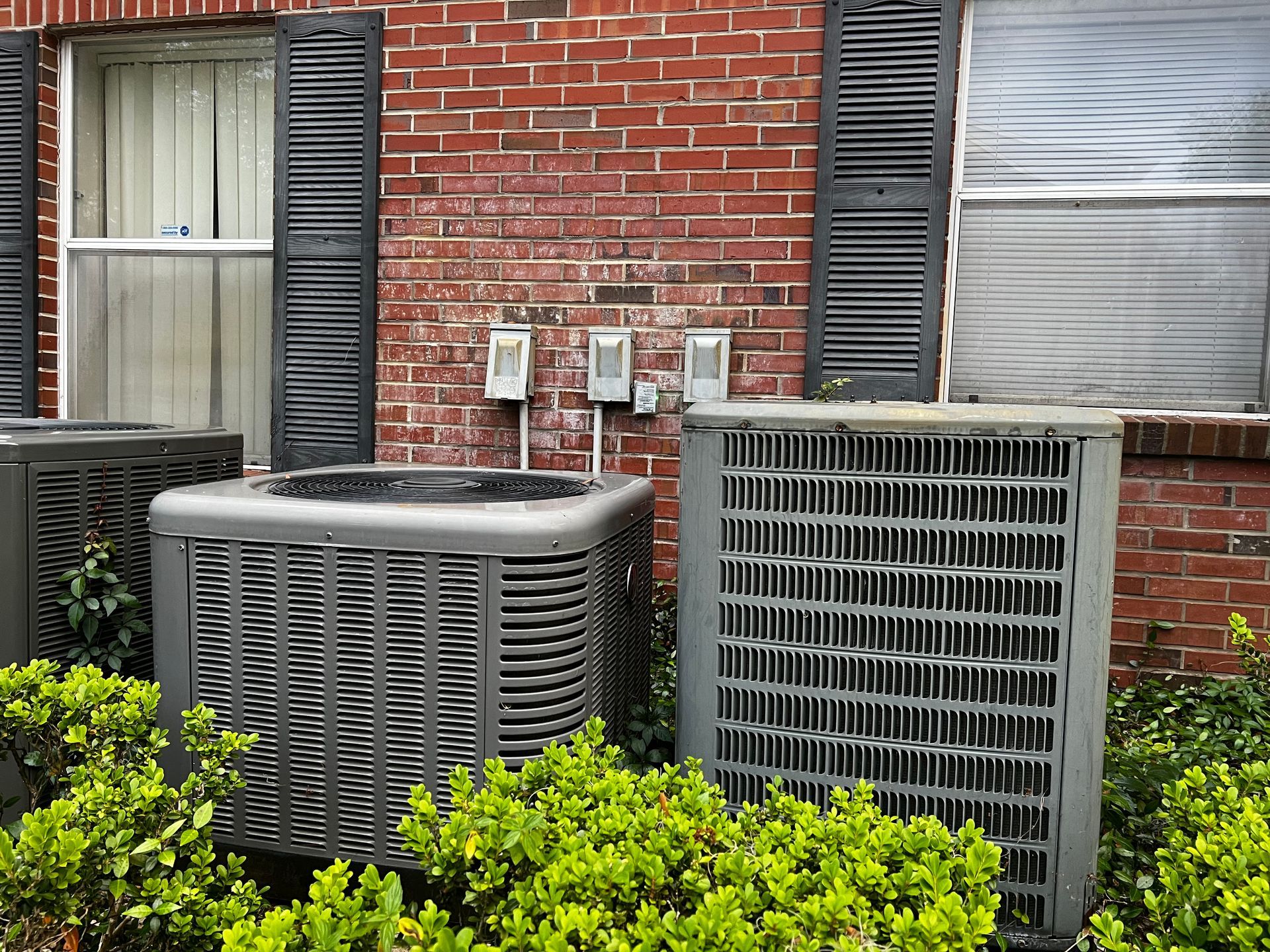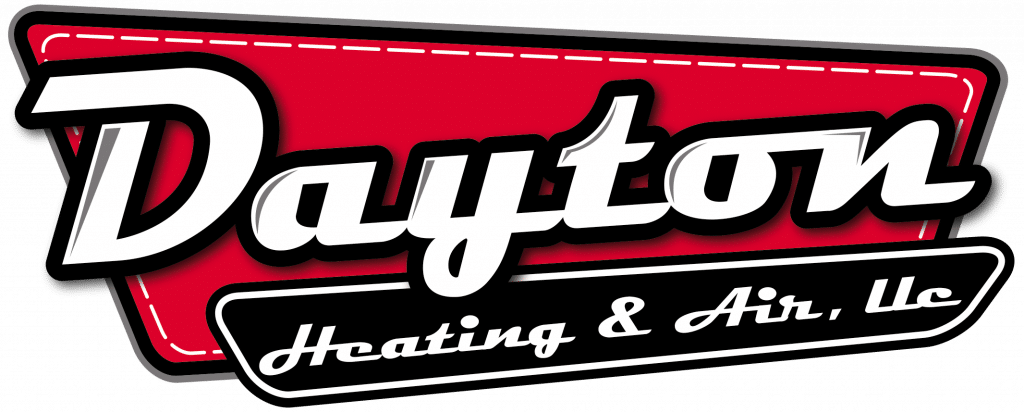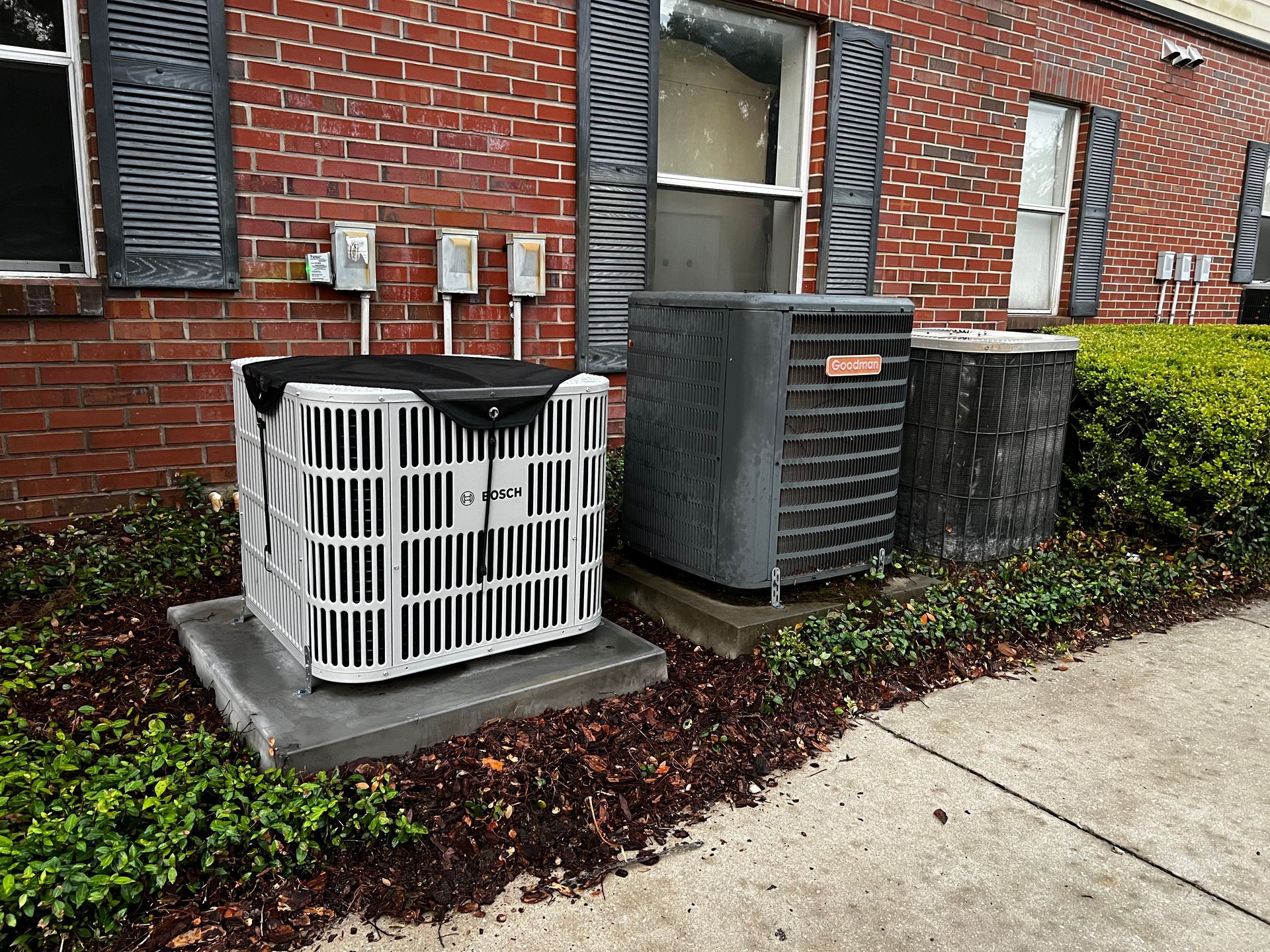3499 NW 97th Blvd unit 12, Gainesville, FL 32606
daytonheatandair@gmail.com
Key Definitions You Need Before Talking to an HVAC Contractor
The first step to finding the right system for your home or business is learning the basics of HVAC systems. HVAC uses a lot of specific acronyms, vocabulary, and abbreviations that might be confusing, much like anything technical. By understanding the basics in this blog post, you'll be able to talk comfortably with a contractor.
Knowing more about the HVAC industry will help you communicate your wants and difficulties to a tech specialist and give you a better idea of the investment you're making. Before you speak to any HVAC contractor in Gainesville, FL, we have put together the main definitions you need in order to make your ideal decision.
HVAC
HVAC stands for heating, ventilation, and air conditioning. It is a broad phrase that refers to your full heating and cooling system. It is a technology that aims to offer ideal indoor air quality and thermal comfort.
AC (Air Conditioner)
An air conditioner is an appliance or system that regulates the temperature, humidity, and air quality of your space by removing heat and humidity from the inside of your home and transferring them to the outside.
Air Filter
An air filter is the device that keeps your indoor air and your HVAC system clean. Air filters are made of plastic resin or polyester fiber that has been thermally-bonded. Air filters catch dust and other airborne impurities in your home or business.
Evaporator Coil
The evaporator coil is the part of your heat pump or air conditioner that captures the heat from the inside air of your home, enabling the blower fan to circulate the cold and refreshing air back inside.
Condenser Coil
Condenser coils are an essential component of your air conditioning system that transfer the heat and moisture collected by the evaporator coil from within your home to expel it to the outside of your home. The evaporator and condenser coils are essential to the heat exchange cycle.
Heat Pump
A heat pump is a refrigeration system that provides warm or cool air for your home or business. Heat pumps absorb or expel heat from the outside of your home to distribute air with your desired temperature within your home or business through your ductwork.
Ductwork
The ductwork is a network of specialized pipes and channels that move and distribute the air coming from your unit around the inside of your home or business. Your ductwork connects to your HVAC system, whether it’s a furnace, an air conditioner, or a heat pump.
Thermostat
A thermostat is a temperature-control device that monitors and manages your home's heating or cooling system. It’s used to specify the temperature at which parts of your home need to be heated or cooled by your system.
Furnace
A furnace, also referred to as a heater or boiler, is an appliance that you can use to generate heat by burning a fuel source like natural gas or propane. The heat that these systems create is then distributed throughout all or part of your house to increase the indoor temperature.
Dehumidifier
A dehumidifier is a piece of equipment that lowers your home’s humidity level in the air. It works by cooling air until evaporated water converts from vapor to liquid and it removes the water to give you a less humid environment.
Refrigerant
The refrigerant is the substance that your HVAC system uses to cool your air.
Diffuser
A diffuser is a device installed to your ductwork to separate the air circulation within your home or business and properly distribute the airflow in your desired rooms and directions.
Inverter Technology
An inverter is an energy-saving technology that adjusts the motor speed and temperature of your system to prevent wasteful operation, resulting in continuous comfort and cost savings.
Split System
A split system is one of the most common types of residential air conditioning system in Gainesville due to its quiet and energy-efficient features. It splits into two units, one inside and one outside.
Multi-split System
A multi-split system uses multiple interior units connected to a single outdoor unit to heat and cool different portions of the house or to maintain a consistent temperature in one large space. These systems may heat or cool at the same time.
SEER
SEER stands for Seasonal Energy Efficiency Ratio in the heating and cooling industry. It measures the energy efficiency of your air conditioning system by dividing the cooling output of your system by the total energy utilized. The higher the SEER rating, the more energy efficient it is, resulting in lower energy costs to run it.
ENERGY STAR®
The Energy Star label is designed to help you identify energy-efficient systems or parts.
While the world of HVAC might seem complicated, don't let it scare or confuse you. We hope you find this information helpful and we would love to help you with any questions or concerns.
Are you in search of someone who can help you choose your ideal new system or maintain your current HVAC unit? Look no further, we got you at Dayton Heating and Air. Call
(352) 317-2132 or fill out our contact form today to get help and to experience the honest and easy-going service we promise.
You Might Also Like



Location


Call
Request Same-Day Quote
Contact Us
We will get back to you as soon as possible.
Please try again later.
Request Same-Day Quote
Contact Us
We will get back to you as soon as possible.
Please try again later.

Location
Working Hours
- Mon - Fri
- -
- Saturday
- -
- Sunday
- Closed
CAC1819132



